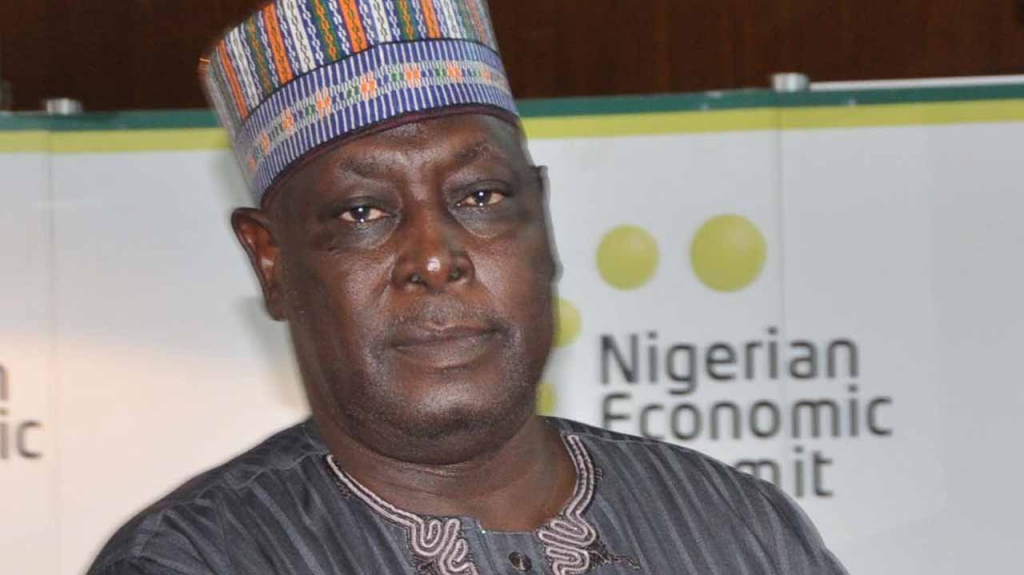A prominent Nigerian political figure has amplified criticism of President Bola Tinubu’s government, alleging systemic neglect of infrastructure development in the country’s northern regions. Babachir Lawal, a former Secretary to the Federal Government, publicly endorsed ex-Kano State Governor Rabiu Musa Kwankwaso’s recent accusations of marginalization, framing the issue as a visible reality rather than political rhetoric.
Speaking during an interview on Trust TV’s Sunday Politics program, Lawal dismissed federal claims of ongoing projects in the north, stating: “No construction work or infrastructure development is visible. If these projects exist, they’re only in imagination—or perhaps in the spirit.” He emphasized that Kwankwaso, a fellow engineer and former public works minister, brought professional credibility to the critique, contrasting sharply with the government’s insistence on progress.
“Engineers like Kwankwaso, myself, or David Umahi [Nigeria’s works minister] assess physical developments differently. When we say there’s nothing to see, it’s based on expertise,” Lawal said. He argued that ordinary citizens across the north share this perception, accusing the administration not just of inaction but of erasing past development gains. The remarks signal growing dissent within northern political circles, historically a stronghold for Tinubu’s All Progressives Congress (APC).
The federal government swiftly rejected the claims, countering that substantial infrastructure initiatives are underway. Officials previously accused Kwankwaso of “misleading the public,” though specifics about projects or locations remain unclear. This exchange highlights deepening regional tensions as Nigeria approaches future elections, with Lawal warning of potential electoral repercussions for the APC if northern discontent persists.
The debate over infrastructure equity taps into long-standing grievances in Nigeria’s geopolitically diverse landscape. Northern states, which face higher poverty rates and security challenges, often demand greater federal investment to match developments in the southern oil-producing zones. While Tinubu’s allies emphasize national unity, critics argue such disparities risk inflaming divisions in a country already grappling with economic strain and social inequality.
As both sides trade allegations, the absence of verifiable, on-the-ground progress remains a focal point. For northern communities, the outcome could shape political loyalties and influence broader narratives about resource allocation in Africa’s most populous nation.
